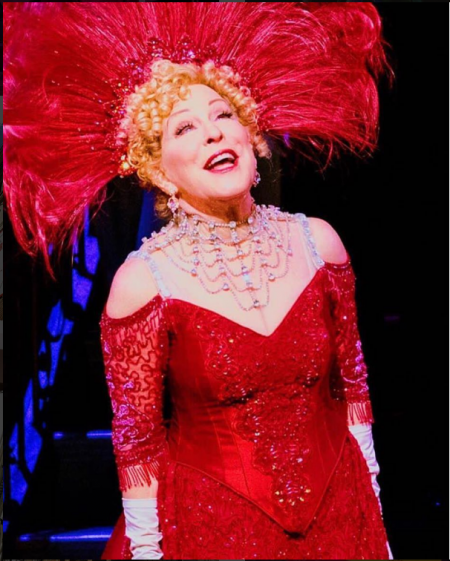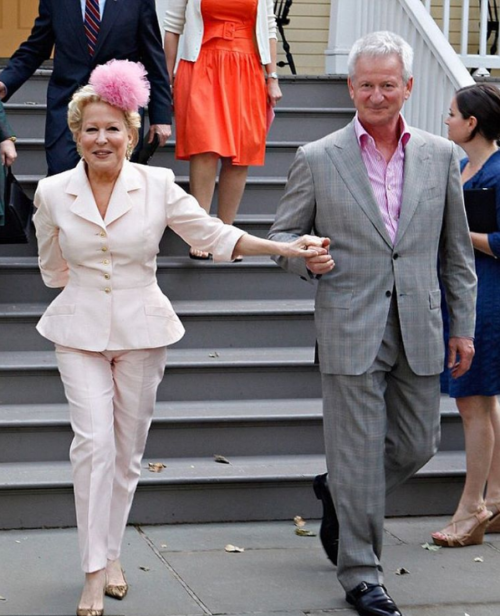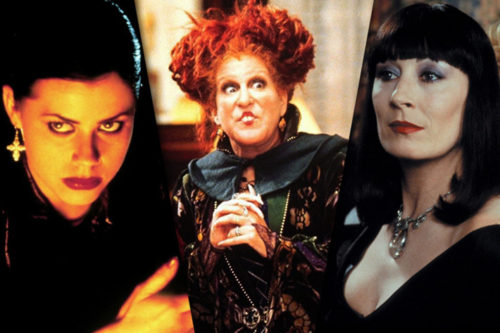The Stage
Mark Shenton: Is Broadway becoming too reliant on megahits?
by Mark Shenton – Oct 26, 2017
Unlike in the West End, where weekly box office grosses are a well-guarded secret, Broadway has a transparency where every show reports its weekly take publicly.
The time-honoured tradition used to be print-led, in the pages of the trade paper Variety; but nowadays it is more immediate, published weekly online every Monday afternoon by the Broadway League, the New York equivalent of the Society of London Theatre.
It means that investors and journalists, or just the theatrically curious, can closely monitor the weekly ebb and flow of Broadway’s fortunes. A column that is required reading for me is one-time Variety theatre editor and critic Jeremy Gerard, now a contributor to deadline.com, who provides a weekly commentary of what’s up and what’s down (apart from the Bronx and the Battery) in New York theatre.
Reporting on last week’s statistics, he concluded with this: “Total sales for 29 shows during week 22 of the 2017-2018 season reached $30.63 million. The 2% boost over week 21 bespeaks price increases, not more attendees. Week 22 last season served 259,246 customers, compared with 244,003 this time around, and yet box office was up $3.19 million – 12%. Average ticket price across all shows last season was $105.85; this season it’s $125.53.”
That’s a big leap on this time last year; and it’s all down to blockbuster shows, of which three now command average ticket prices in excess of $200. In one exceptional case, tickets are in excess of $500. That would be Springsteen on Broadway, a solo season by the Boss, that in a five-performance week took some $2.38 million at the Walter Kerr.
Hamilton is still leading the overall charge, with a weekly take last week of $2.92 million and average $271.20 ticket price; while Hello, Dolly! took $2.40m, with a average ticket price of $202.61.
Of course this is only a partial picture of Broadway: there were 15 more shows with an average ticket price below $100. So Broadway isn’t necessarily only the preserve of the extremely well-heeled, though it may sometimes seem so.
But then not everyone can get into the Ivy restaurant every night, still less afford it if they could. They may have to go to Garfunkel’s or Pizza Hut instead.
A cover feature in the daily free New York newspaper AM this week reported on how soaring prices and megahits are reshaping Broadway.
It quotes Roma Torre, an anchor and theatre critic on New York cable news station NY1, saying: “The bad news of course is that fans of limited means are shut out of these shows unless they plan to remortgage their homes. There are lotteries for cheaper same-day tickets, but the odds of winning a pair of those seats aren’t much better than a lightning strike outside the theater.”
It also reports the closing gap between top prices and the cheapest tickets: as Laurence F Maslon, a theatre historian and NYU arts professor, tells the paper: “Back in the day, you could buy the worst seat in Broadway and it was 25% of a full-priced ticket. Now the worst seat on Broadway is 85% of a full-priced ticket.”
But, if New York is a city of inequality, it’s not all bad news: some independent producers remain optimistic. Sue Frost, lead producer of Come from Away, comments: “For every branded title or big show that comes in with corporate support, there is always something that sneaks in and manages to land with an audience. I think Come from Away is a great example of that. If I allowed myself to be daunted, we wouldn’t be here. We believed in our show, we got it here, and it succeeded. I think that is encouraging for other producers who might look around and be daunted.”
And Ken Davenport, who is producing this season’s revival of Once on this Island, also says: “I am a big believer that a rising tide floats all boats, and I think that is what we have witnessed in the post-Hamilton era. Whenever a musical appears in newspaper sections other than the arts section, when it appears on the front page, gets CNN attention, when Lin-Manuel Miranda is talking about major political issues, that is all good for Broadway because it brings people’s focus to it and it gets people interested in what we have to offer.”







